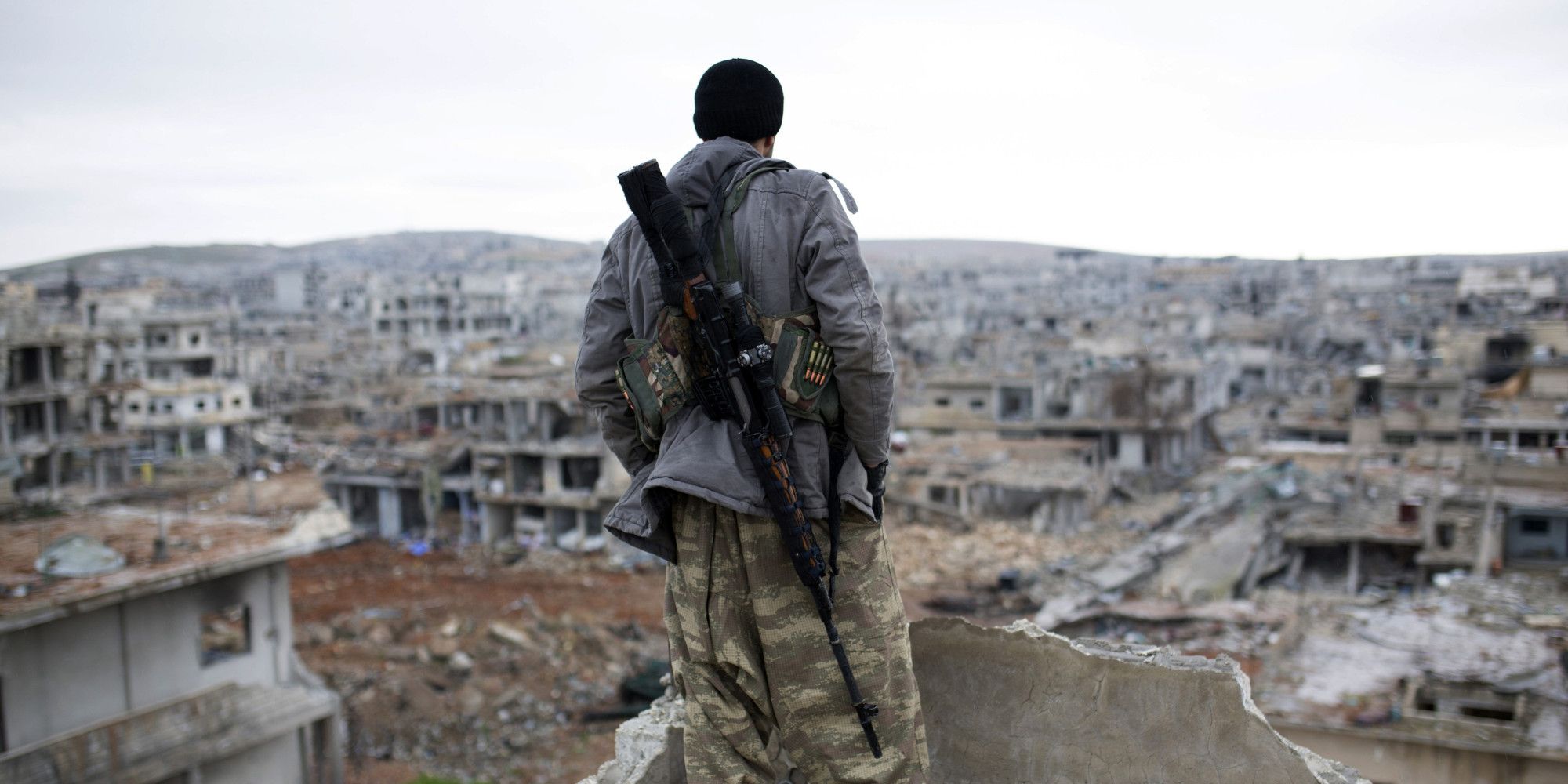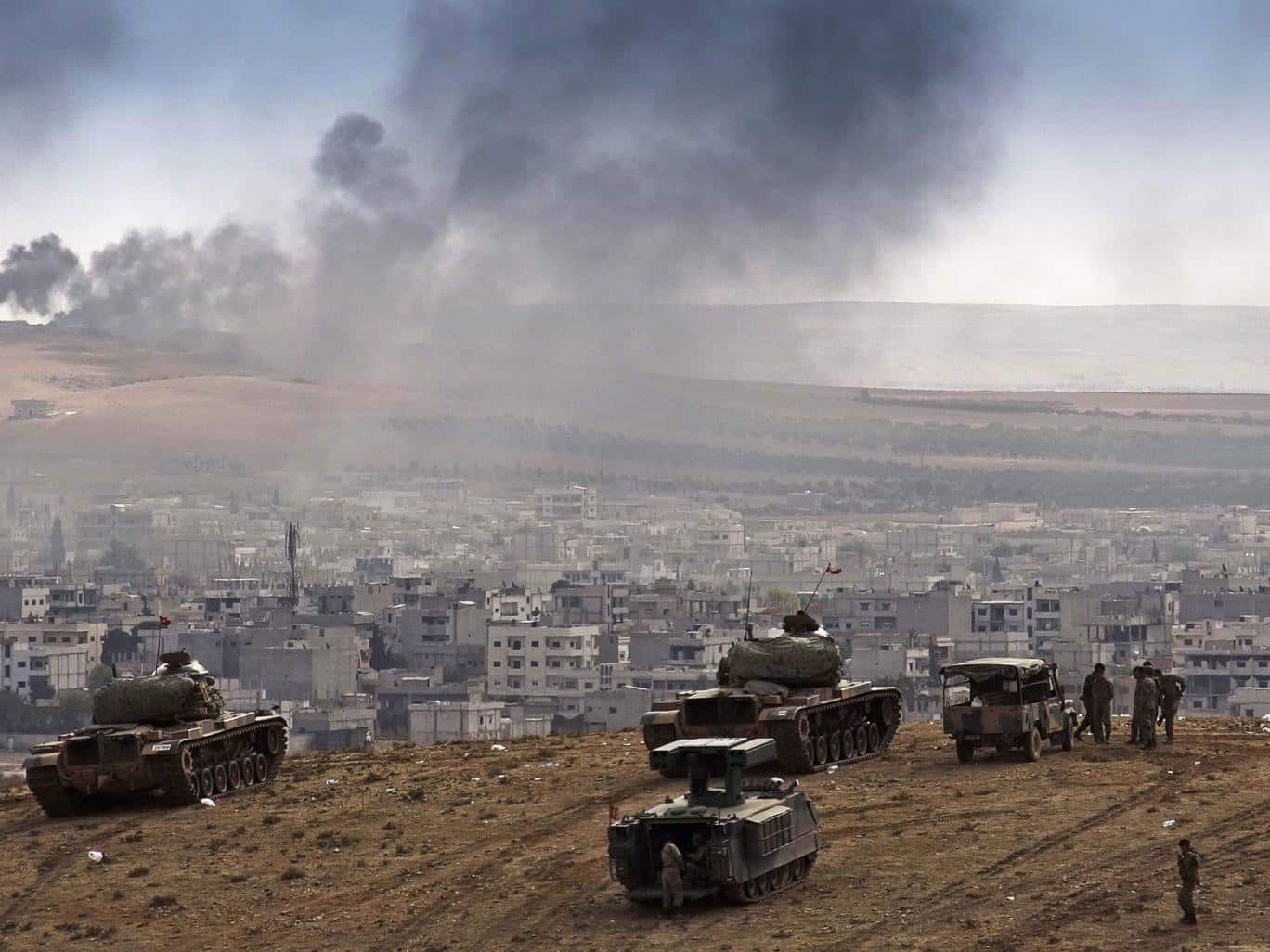The fight against the Islamic State of Iraq and the Levant is a “long and arduous” process, Pentagon Press Secretary Peter Cook reiterated today in a statement announcing that the Pentagon has shifted its focus in Syria and paused its program to train and equip moderate Syrian forces.
Defense Secretary Ash Carter directed the department to provide equipment packages and weapons to a “select group of vetted leaders and their units so that over time they can make a concerted push into territory still controlled by ISIL,” Cook said.
In the statement, Carter said he remains “convinced that a lasting defeat of ISIL in Syria will depend in part on the success of local, motivated and capable ground forces.”
“I believe the changes we are instituting today will, over time, increase the combat power of counter-ISIL forces in Syria and ultimately help our campaign achieve a lasting defeat of ISIL,” he said.
DoD Will Monitor Progress of Anti-ISIL Groups
The Pentagon will monitor the progress of the groups and provide them with air support in the fight against ISIL. The focus on equipping and enabling will reinforce the progress already made in countering ISIL in Syria, Cook said.
DoD will continue to evaluate the program and expects to make “refinements and adjustments over time as appropriate,” he said.
The fight against ISIL will take time, Cook said. “Working with local partners to win back territory taken by ISIL will continue to be a long and arduous process,” he said.
A key part of the strategy remains involvement with “capable indigenous forces on the ground,” Christine Wormuth, undersecretary of defense for policy, said today in a conference call with reporters.
A sustained air campaign, in combination with capable forces on the ground conducting offensive operations, has delivered results in northern Syria in Kobani and Tal Abyad, she said.
The core of the new approach, Wormuth said, is to work with groups already fighting ISIL on the ground. Those groups, she said, will be provided “basic equipment packages” to distribute to their fighting forces to make them more effective in combination with airstrikes.
There were significant challenges with the initial program to train and equip moderate Syrian opposition fighters, she said.
“Right now, I think given the complexities of the situation, we’re going to take sort of an operational pause” in the train and equip program, Wormuth said.
But, she said, there may be an opportunity in the future where situations on the ground are “more fruitful” to allow the potential for taking that approach again.
The fight against ISIL is the most complex and dynamic situation imaginable, said Brett McGurk, the deputy special presidential envoy for the global coalition to counter ISIL.
“I think we’ve learned over the last year that the more we can be adaptive, the more we can look to seize opportunities as they arise, the more effective we can be,” he told reporters on the conference call.











